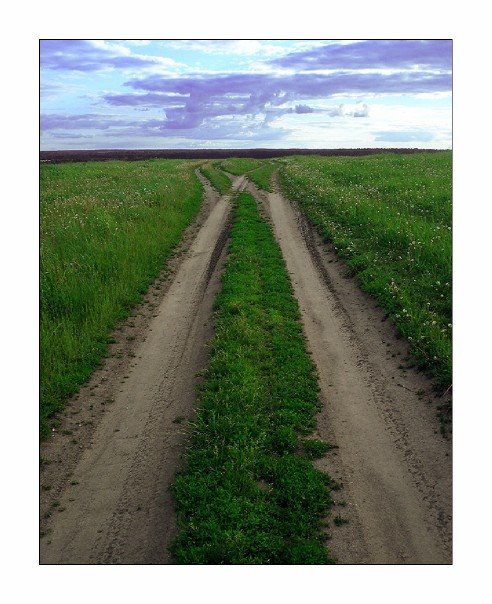MOSCOW (AP) — Once they were pillars of Russia's political establishment, members of a pro-business party with a presence in parliament and influence in the halls of the Kremlin.
But now the Union of Right Forces, or SPS, teeters on the edge of political extinction, and its leaders plan to join protesters in the streets of Moscow and St. Petersburg this weekend to denounce President Vladimir Putin's rule.
Putin has described the demonstrators as extremists determined to weaken Russia. But by tightening election rules and restricting access to Russia's political arena, the Kremlin has given even its most cautious, conservative rivals little choice but to take their opposition to the streets.
Nikita Belykh, the party's national leader, last week accused the government of using "totalitarian and barbaric methods" to sabotage his group's campaign for the Dec. 2 parliamentary elections. He said candidates have been offered bribes — or even threatened — to try to push them off the party's ticket.
In a televised debate, Belykh said he regretted the SPS' support for Putin when he first ran for president eight years ago.
"Yes, we were wrong," he said. "Putin was our mistake."
Boris Nemtsov, another national SPS leader, previously showed little appetite for confronting Putin. In a recent campaign ad, though, he denounced the "cruelty, cynicism and indifference of those in power." And he called the platform of the main pro-Kremlin party, United Russia, "all lies."
Noted intellectuals such as former chess champion Garry Kasparov and the free-market economist Andrei Illarionov, once one of Putin's top advisers, months ago joined the opposition demonstrators. So did the measured Vladimir Ryzhkov, a member of parliament whose Republican Party was one of more than a half-dozen denied registration under the new election rules.
But the leaders of SPS criticized the protests, saying more could be accomplished by talking to the Kremlin than by confronting authorities. That has changed in recent months as the party's campaign for parliament has run into roadblocks across Russia. While SPS presents no real threat to United Russia, which is expected to win two-thirds of the vote, a strong showing by the liberal party could prevent a crushing victory in some regions — embarrassing local officials.
"The governors ... must show brilliant results for the president," said Dmitry Oreshkin, a political analyst who heads the Moscow-based Mercator Group. "How they do it is their problem."
One place where the local SPS party is under pressure is in Siberia's Krasnoyarsk region. Vladislav Korolyov, the local party chief, said police entered a printing plant this month and seized more than 1.5 million copies of the party's campaign newspaper.
The grounds? An article on inflation named a Moscow supermarket, which authorities claimed amounted to prohibited negative advertising. Police could not immediately be reached for comment.
Korolyov said employees of the state-owned Sberbank told several would-be contributors that the bank could not process their donations — as required by Russian law. In one case, he said, a clerk said she had been told by a superior not to deposit SPS contributions. Sberbank officials did not respond to requests for comment.
Meeting hall managers, sometimes citing pressure from authorities, have turned down SPS requests to rent space for rallies — and in some cases revoked signed contracts, Korolyov said.
"I consider this political censorship and a return to the police state," he said, sitting in his cramped office in the Krasnoyarsk regional legislature, off a square where a statue of Vladimir Lenin still broods.
SPS gets little media coverage here. The Moscow-based radio station Ekho Moskvy, one of the few media outlets where opposition voices are routinely heard, was taken off local airwaves earlier this year.
Meanwhile, United Russia's campaign in Krasnoyarsk is in full swing. Billboards trumpeting United Russia's slogan, "Putin's Plan is Russia's Victory," line the streets.
Selling cuts of pork at a Krasnoyarsk market, a resigned Natalia Ivanova said the election's outcome will be dictated by officials, not voters.
"We've talked to friends, neighbors, family, even customers," said Ivanova, 43. "They don't vote for United Russia, but United Russia somehow wins."
Below: Part of Putin's Nov 21st Speech at United Russia Rally
Subscribe to:
Post Comments (Atom)

No comments:
Post a Comment